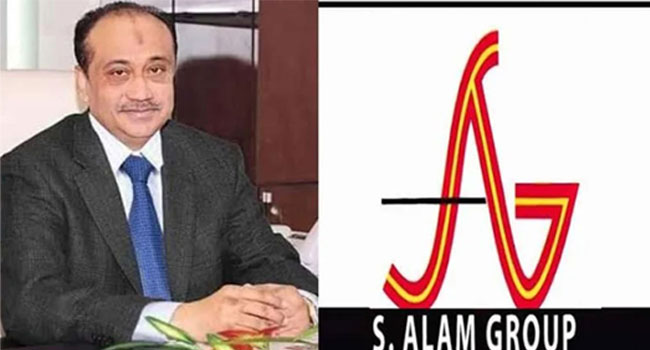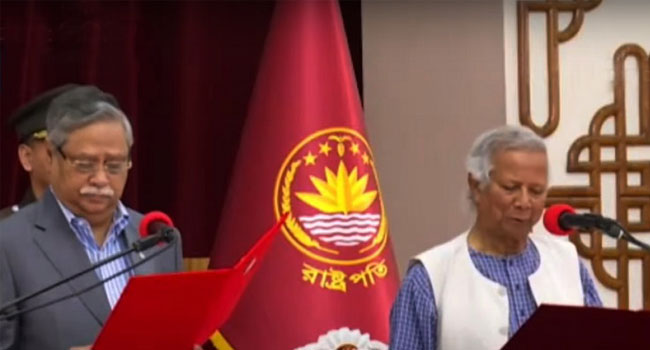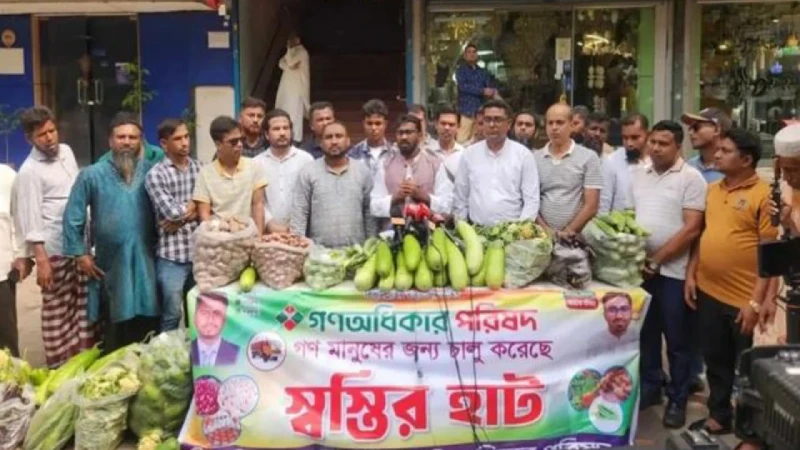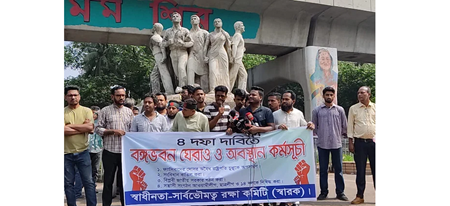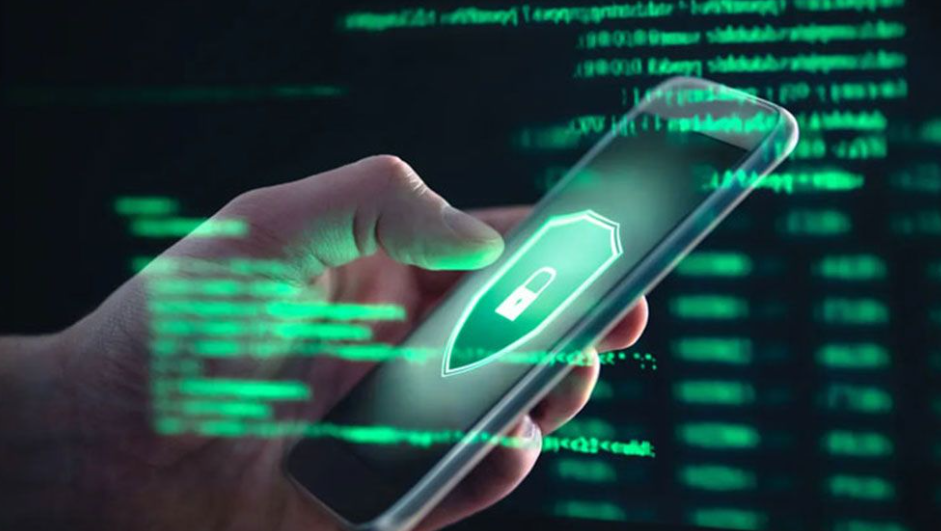Seven Islamic banks of the country are in trouble with loans of about two lakh crore rupees in the name of S Alam. These banks were owned by the mentioned business group, the main financial provider of the fallen government. The bankers said that at that time no installments of these loans were paid. Multiple teams led by PS Akiz Uddin, Mifta Uddin, JQM Habibullah, Union Bank MD Mokammel, Commerce Bank DMD Quader regularly supervised these loans. Old debts were paid off by creating new debts. These loans were regularly shown through various fundraisers without being repaid. But after dictator Sheikh Hasina fled the country on August 5, S Alam and his associates also fled the country. Now these loans are defaulting automatically. Bankers said that most of these loans will default within the next three months. And in case of default, the reserve will increase. They are now worried about how to complete the bank’s annual accounts in December.
Bankers said that S. Alam has taken out about one lakh three thousand crore rupees only from Islami Bank through offshore banking. Of this, 18,000 crores have been taken through offshore banking. A responsible officer of Islami Bank said that goods were brought through cash LC in favor of S Alam’s institution. The product has also been sold. But S Alam smuggled the money abroad without returning it to the bank. Forced, Islami Bank bought dollars from the market and paid off LC’s liability. And for this a compulsory loan has been created in the name of S Alam. These loans are to be repaid within a maximum of one year. But it was not returned even within a year. One more year has been given from Bangladesh Bank for special consideration. Two years have passed. Even after this money was not returned. The bank has now been forced to force these loans in the name of S Alam. These loans are no longer being repaid.
According to a related source, Islami Bank had multiple teams led by S Alam’s PS Akiz Uddin, Mifta Uddin and Company Secretary JQM Habibullah. Their task was how to open fake companies in the name of S Alam and create fake loans against those companies and take them out. Such was their grip on power that the truly talented officials of Islami Bank could not say a word against their misdeeds. Those who protested were transferred, harassed and fired. In Bangti, the members of these lathial forces of S. Alam were promoted overnight to major positions without any regard for rules. Within a few years Habibur Rahman, who showed the position of money laundering through offshore banking, was promoted several steps. Later he was posted as DMD in Social Islami Bank. However, most of the senior officers who were appointed with Habibur Rahman in Islami Bank, some are fast AVPs. Similarly, Union Bank MD Mokammel, Bangladesh Commerce Bank DMD Abdul Quader and several other officials’ main task was to create fake companies of S. Alam in various ways to extract money against him and smuggle them.
Bankers said that these loans were regularly shown in different ways. The regulatory body would not have taken any action against them even from the central bank. As a result, the financial base of the banks continues to weaken year after year. On August 5, dictator Sheikh Hasina resigned from the post of Prime Minister in the face of anti-discrimination student movement. Most have fled the country. The new governor of Bangladesh Bank. Ahsan H. Mansoor has already dissolved the banks and restructured them. As a result, now the true picture of S Alam’s robbery in banks is coming out.
The bankers said that in the next three months, the money extracted by S Alam, his PS Akiz Uddin through looting will be defaulted. In this, about 80 to 90 percent of Union, Global Islami Bank will default. About half of the other banks will also become defaulters. And in case of default, provision should be kept against it as per policy. Provision has to be saved with profit. But bankers are already worried about how to make provisions where profits will fall. They said that the central bank needs to take some effective steps to protect the banks from this possible disaster. Otherwise, they fear that it will not be possible to avoid a major disaster in the financial sector.

